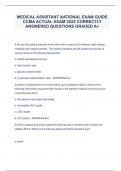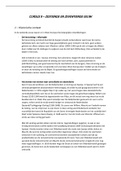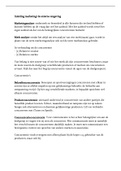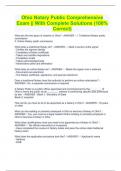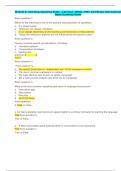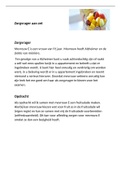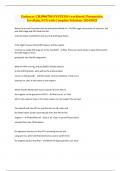Samenvatting
Media Theory - a schematic summary of all lectures, road movies and readings (8,6 for final exam!!)
- Vak
- Media Theory
- Instelling
- Universiteit Van Amsterdam (UvA)
In a schematic way – rather than a lineair order – the lectures, roadmovies and readings of Media Theory are summarised (+ some personal thoughts, keywords and summary conclusions). The schematic form helps to see and understand links between different texts more quickly. For me, this was very ...
[Meer zien]





